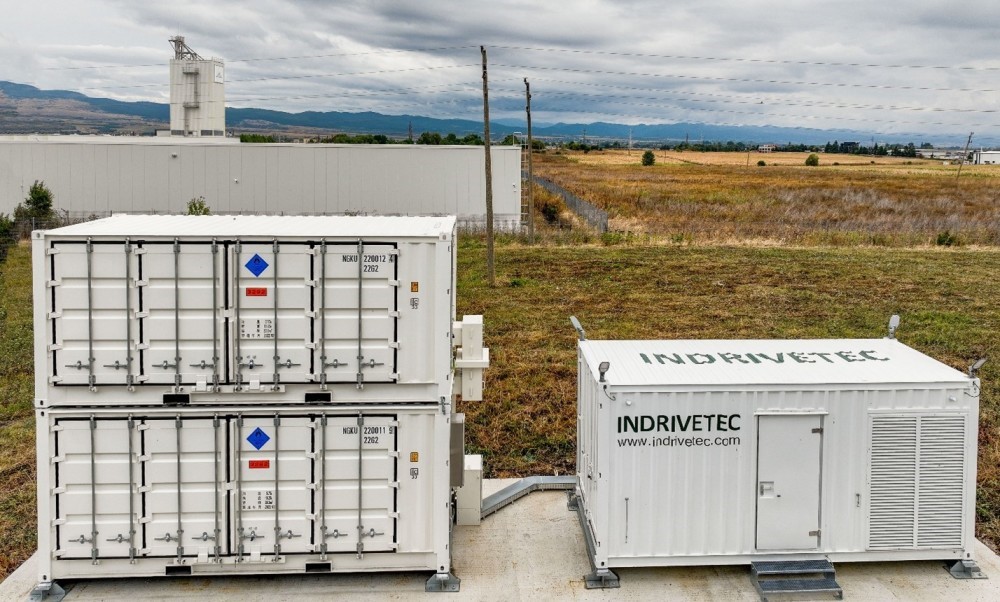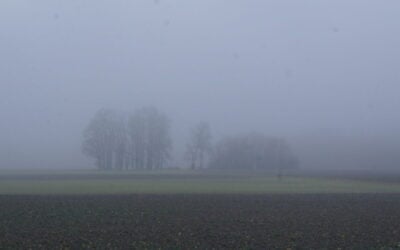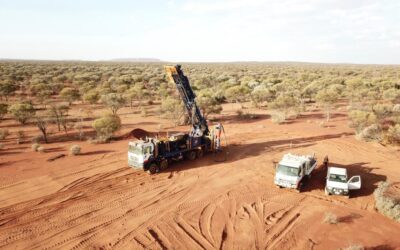
NGK Insulators, manufacturer of batteries and storage system based on sodium-sulfur (NAS) chemistry, has announced the commissioning of its first system deployed in Bulgaria.
The 500kW/2,900kWh (5.8-hour duration) NAS battery-based energy storage system (ESS) has gone into operation at the production site in Kostinbrod, western Bulgaria, of Rollplast, a maker of windows, doors and blinds.
It marks the Japan-headquartered industrial ceramics firm’s first deployment in Eastern Europe for its proprietary ESS technology, designed for medium to long-duration energy storage (LDES) applications.
The tech has been deployed in the field for more than 20 years, logging almost 5GWh of cumulative installations across roughly 250 projects. NGK claims the NAS battery uses abundant raw materials such as sulfur, sodium and aluminium oxide, as well as specialty ceramic separators which the company itself makes.
Try Premium for just $1
- Full premium access for the first month at only $1
- Converts to an annual rate after 30 days unless cancelled
- Cancel anytime during the trial period
Premium Benefits
- Expert industry analysis and interviews
- Digital access to PV Tech Power journal
- Exclusive event discounts
Or get the full Premium subscription right away
Or continue reading this article for free
NGK claims it can be deployed in locations with high or low ambient temperatures, and comes with an intended lifetime of around 20 years, or 7,300 cycles. Stacks of 1.2kWh battery cells that operate at temperatures of between 290°C – 360°C are combined into 20-ft containers of up to 250kW output and 1,450kWh each, with two containerised units deployed at Rollplast’s factory.
At the Kostinbrod site, the NAS system has been paired with onsite rooftop solar PV generation, and its main applications are to help increase the site’s consumption of that locally generated energy, as well as store surplus generation for sale to the grid.
NGK said the NAS technology was chosen after an evaluation process, due to its extensive track record of reliable operation in the field, as well as its technical capabilities for storing and shifting solar energy generated in the daytime for discharging at night. The combination of the battery units and rooftop solar will cover around half of Rollplast’s energy use at the site, according to NGK.
The customer made its order through NGK’s partner in energy storage, BASF Stationary Energy Storage, which is a subsidiary of German chemical company BASF. The formation of the pair’s partnership in 2019 marked BASF’s entry into the energy market, and they appear to have ramped up efforts considerably in the past couple of years, beginning perhaps in earnest with the 2021 deployment of a 5.8MWh system at one of BASF’s own premises in Belgium.
Numerous recent projects, customer orders and Memorandum of Understanding (MoU) announcements have been made around the NAS sodium-sulfur battery, with many representing entries into new territories and a variety of sites and applications.
This year alone, NGK NAS battery installations have been publicly announced at sites including a demonstration project for one of South Korea’s biggest utilities, Korean Electric Power Company (KEPCO), a Japan Aerospace Exploration Agency ground station, a nickel-cobalt-copper mine in Western Australia, and a carbon-free water desalination system in the Maldives.
Meanwhile, the company’s biggest announced order this year, at 70MWh, is for a sodium-sulfur battery system which will play into newly liberalised energy trading markets in Japan, where the company is seeking further opportunities for both behind-the-meter distributed systems and larger utility-scale plays.
Earlier this month, BASF and NGK signed agreements to tie up with a manufacturing firm in Malaysia, Leader Energy, to develop LDES projects using the sodium-sulfur technology across Southeast Asia markets.
In terms of the newest market the partners have just entered meanwhile, attendees at the recent Energy Storage Summit Central and Eastern Europe heard that the region holds a great deal of promise, but may require government subsidies, market reforms and deep understanding of grids and the commercial and regulatory landscapes.
Meanwhile, representatives from battery energy storage system (BESS) integrator Fluence said the Central and Eastern Europe (CEE) region could leapfrog into a strong position on the back of gains made in more mature markets elsewhere, in an interview at the event hosted by our publisher Solar Media.





